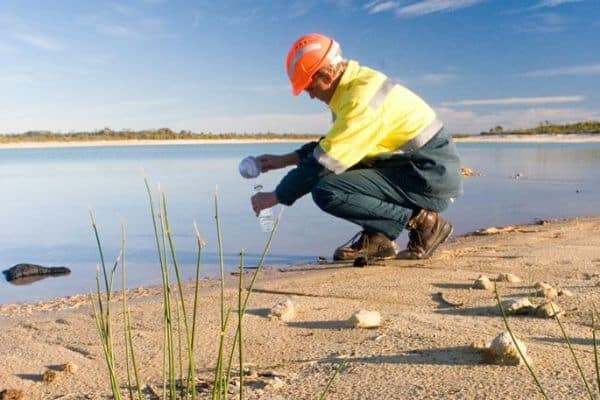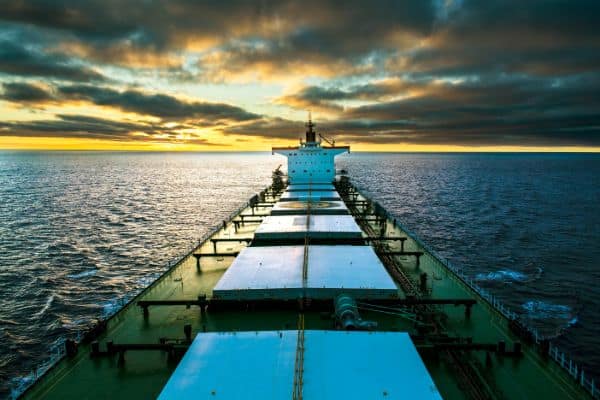In recent years, there has been a global increase in regulation within the areas of the environment, transport and health and safety. Regulations are becoming more stringent, whilst seeing a global trend in harmonisation.
As an industry association, one of ZIA’s core functions is to proactively engage with regulators globally to ensure that regulations are appropriate, proportionate and practical to implement.
ZIA’s Regulatory Committee is committed to working on members’ behalf to:
In conjunction with an increasing trend of regulation, the burden-of-proof of safe use of a substance is shifting from regulators to industry, meaning that all actors in the supply chain must invest in the full knowledge of a substance and how it is used, recycled and eventually disposed of.
Through our Regulatory Committee, we provide regulatory support in two principal areas:
Naturally Occurring Radioactive Material is often found in rocks or sand. NORM can also be associated with oil and gas production residue, coal ash (produced from burning coal) and on filter media (such as the used filters from drinking water treatment plants).
The amount of NORM is usually low and the risk is minimal; however, safe handling of the material is necessary since higher concentrations of NORM can result during processing - often referred to as technologically enhanced NORM, or TENORM.
Some industries may regularly come into contact with NORM – for instance, those engaged in, the production of oil and gas, phosphate fertilisers, forest products and thermal electricity; mineral extraction and processing; tunnelling and underground workings; metal recycling; waste management; and water treatment.
NORM can also be found in consumer products, including building products (like brick and cement blocks), granite counter tops, glazed tiles, phosphate fertilisers and tobacco products.
The transport, handling and disposal of NORM is subject to a variety of regulatory regimes at supranational (e.g. the European Union), national and regional levels.
Recently the regulatory committee has supported members in providing guidance and information in a number of areas, including the transporting of zircon as a NORM and working safely with zircon sands.
Please contact ZIA if you have any questions on the subject of NORM with respect to zircon and zirconia. Useful documents can be found on the Zircon and NORM page.

Regulations that impact on the zircon value chain include:
It is important that, as an industry, we keep abreast of these and other global regulations that do or could impact on zircon and its derivatives. For example, the REACH regulation has been in force in the European Union since June 2007 and has resulted in the registration of technical and toxicological data on a number of Zr-based chemicals and zirconium metal.
Derivatives of REACH are being introduced across the globe and, although broadly similar in their purpose, they are not identical. ZIA’s Regulatory Committee monitors these regulations to raise members' awareness and provide information to support compliance activities. Specialist consultants are co-opted by the committee when deemed necessary.
Recently, the ZIA published an Industry Position Paper when independent tests, commissioned by ZIA’s Regulatory Committee, confirmed that zircon was not corrosive to metal when shipped in bulk in accordance with the International Maritime Organization’s (IMO) Interim Guidance for Conducting the Refined MHB (Materials Hazardous only in Bulk) Corrosivity (Cr) Test. Members are now able to use this information in discussion with shipping authorities and regulators. The Industry Position Paper is on the website and copies of the test report are available to the relevant authorities and ZIA members.

ZIA and its members take our responsibilities seriously, not only in the way that we conduct our activities, strictly in accordance with our Code of Conduct but in the wider sense of good corporate citizenship.